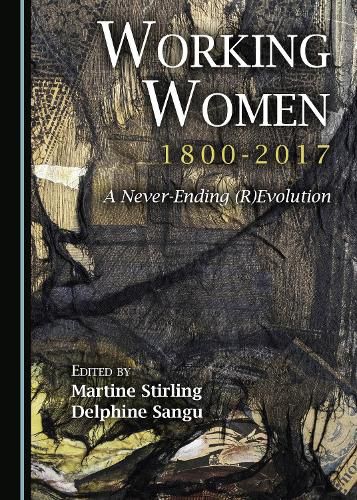Readings Newsletter
Become a Readings Member to make your shopping experience even easier.
Sign in or sign up for free!
You’re not far away from qualifying for FREE standard shipping within Australia
You’ve qualified for FREE standard shipping within Australia
The cart is loading…






This book examines how, over the past 300 years or so, women have adapted their work methods, means of subsistence and daily routine to fulfil their dual role as carers and breadwinners. From the industrial revolution, which ended agrarian-based subsistence and meant an exodus towards the cities for many families, to the digital revolution, which redefined the work environment, working hours and even in some cases biological functions, women have succeeded in meeting the challenge of changing work practices, social expectations and economic and family needs.Although women’s work, both past and present, is a much-researched area, this volume sheds new light on the subject by combining the approach of historians, sociologists, and language and culture specialists, and applying it to different countries. Drawing upon original fieldwork and little-known archives, the book will be of interest not only to an academic audience, but to anyone wanting to know more about gender, family, and labour issues across Europe between the 19th and 21st centuries.
$9.00 standard shipping within Australia
FREE standard shipping within Australia for orders over $100.00
Express & International shipping calculated at checkout
This book examines how, over the past 300 years or so, women have adapted their work methods, means of subsistence and daily routine to fulfil their dual role as carers and breadwinners. From the industrial revolution, which ended agrarian-based subsistence and meant an exodus towards the cities for many families, to the digital revolution, which redefined the work environment, working hours and even in some cases biological functions, women have succeeded in meeting the challenge of changing work practices, social expectations and economic and family needs.Although women’s work, both past and present, is a much-researched area, this volume sheds new light on the subject by combining the approach of historians, sociologists, and language and culture specialists, and applying it to different countries. Drawing upon original fieldwork and little-known archives, the book will be of interest not only to an academic audience, but to anyone wanting to know more about gender, family, and labour issues across Europe between the 19th and 21st centuries.